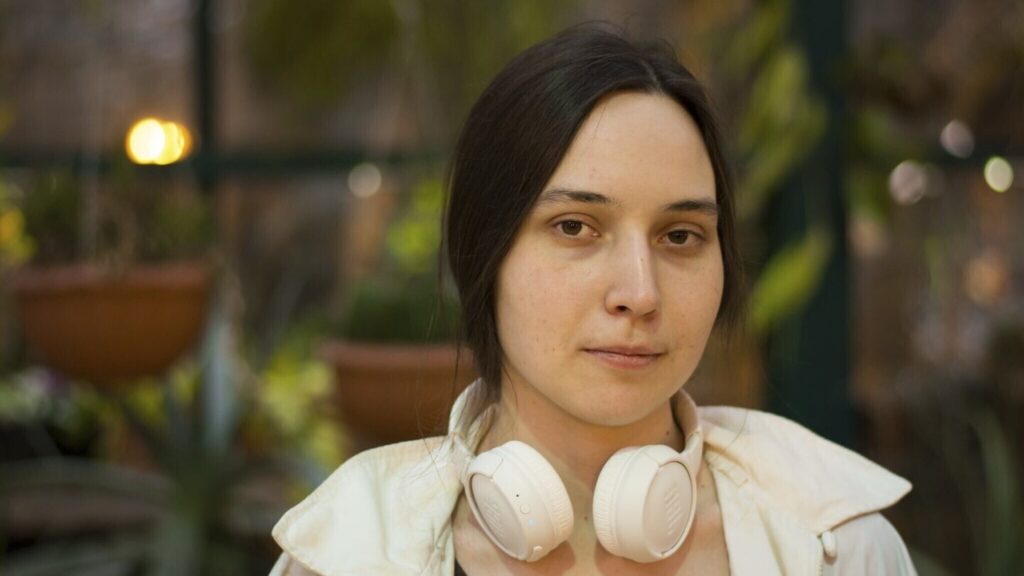BOSTON (AP) – The Russian-born scientist and Harvard University researcher, who was already facing deportation to Russia, was charged on Wednesday with attempting to smuggle a frog embryo into the country.
Kseniia Petrova, 30, was sent to a US immigration and customs facility in Louisiana after his arrest in February. She continues to await a judge’s decision on whether she will be deported to Russia. A hearing on her case took place in Vermont on Wednesday.
However, in the latest twist in the case, federal prosecutors charged her with one count of contraband to the United States. She says she was taken into custody Wednesday. If convicted, Petrova faces fines of up to $250,000 in prison for up to 20 years.
Petrova’s attorney could not be reached for comment. It is unclear if she has moved out of the ice facility.
Petrova was on vacation in France. So she stopped by a lab specializing in splicing superfine sections of frog embryos to get a package of samples to use for her research.
Petrova was questioned about the sample as he passed the US Customs and Border Protection Checkpoint at Boston Logan International Airport. Petrova told The Associated Press in an interview last month that he hadn’t realized he needed to declare and that he wasn’t trying to sneak in anything. After questioning, Petrova was told that her visa had been cancelled.
“The truth is by my side,” Petrova said. Petrova spoke with the Associated Press on a video call from the Louisiana Ice Detention Center in Monroe.
The Department of Homeland Security said in a statement on Social Platform X that Petrova was “detained after lying to a federal officer about carrying material into the country.” They allegedly wrote a message on her phone that “she has made it clear that she is planning to smuggle the materials through customs without declaring them.”
Federal prosecutors said Petrova was stopped by customs and border agents after a law enforcement dog warned her check duffel bag. Upon examination, a frog embryo was found in the foam box. She initially denied carrying biological materials into checked baggage, prosecutors said, but later admitted.
Petrova boss and mentor Leon Peshkin said in an interview last month that the sample was never a dangerous or biological disaster.
“I don’t think she did anything wrong,” Peshkin told the Associated Press. “But even if she did, she should have got a warning at best or fined up to $500.”
Harvard said in a statement that the university “continues to monitor the situation.”
Petrova told the Associated Press that she left her country to avoid possible conflict and political oppression. She escaped after Russia invaded Ukraine in February 2022. The Bloody Three Years War.
“I’m worried that when I come back, I’ll be jailed for my political and position against war,” Petrova said.
Petrova’s case is closely monitored by the scientific community, and some fear it could affect the recruitment and retention of foreign scientists at US universities.
“I think there’s a false perception that foreign scientists are privileged to be in the US in some way, and I think that’s the opposite,” Peshkin said. “Foreign scientists bring gifts here… They are extremely skilled professionals in demand. They enrich the American scientific community.”
Source link

